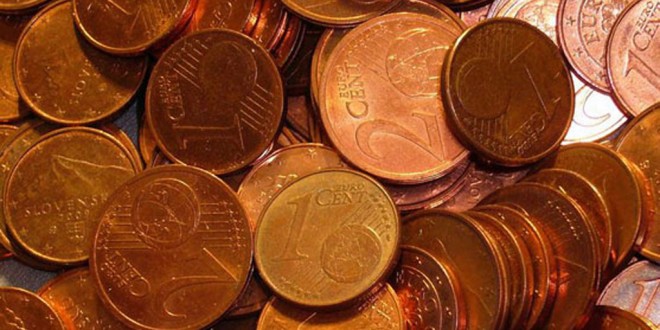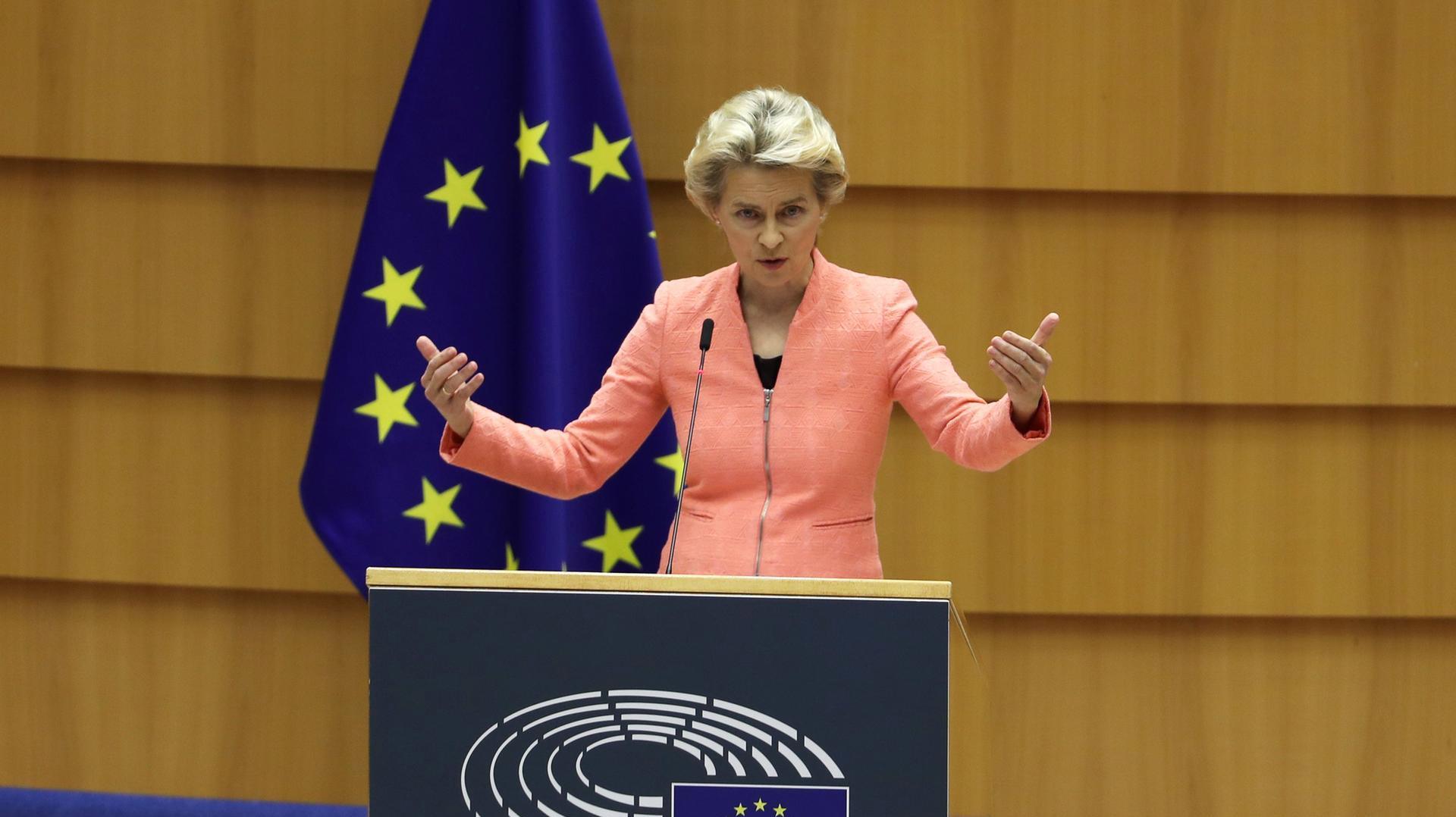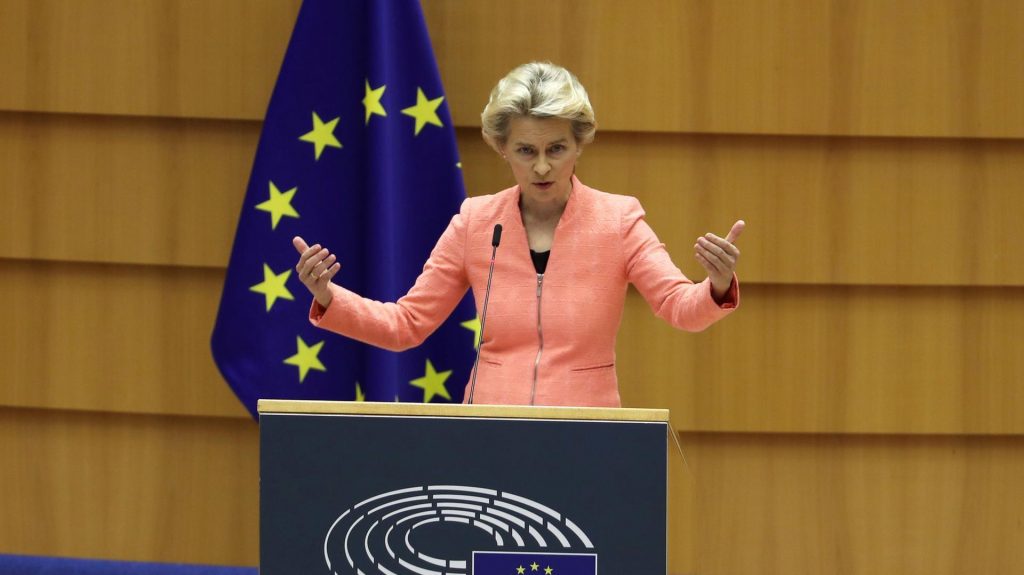The European Commission is considering proposing a law to start phasing out the small 1 and 2 Eurocent coins, and round prices off to the nearest 5 cents

The commission “will carefully study the economic, environmental and social consequences of introducing uniform rounding rules.
The Malta Chamber of SMEs is in favour of a system whereby the final total bill at the till, not the individual items, would be rounded up or down as necessary to the nearest 5c. Meaning sometimes customers would have a discount of 2c and sometimes an increase of 2c, depending on the case. It is therefore a very balanced approach and something that is many times done for practicality reasons.
The Malta Chamber of SMEs CEO, Abigail Mamo said “the cost of producing and administering these coins outways their value by far. There would be on impact of inflation.”
In Belgium, shops have been obliged to round up or down the total amount of purchases to the nearest 5 cents if the client pays in cash since December 2019. However, paying with 1 and 2 cent coins is still possible.
Rounding just at the point of the final bill would mean the coins could be phased out without retailers having to re-label items and allowing them to offer competitive prices, especially in the price-sensitive world of groceries, she pointed out. Card transactions would, however, still charge the exact amount.
A spokesman for the European Central Bank said there were many ways to phase out the two small coins.
“Ceasing the issuance of 1c and 2c coins would not be likely to have a noticeable impact on inflation, provided that the rounding is done to total payments in cash and to the nearest 5c, as currently applied in some member states,” he noted.



